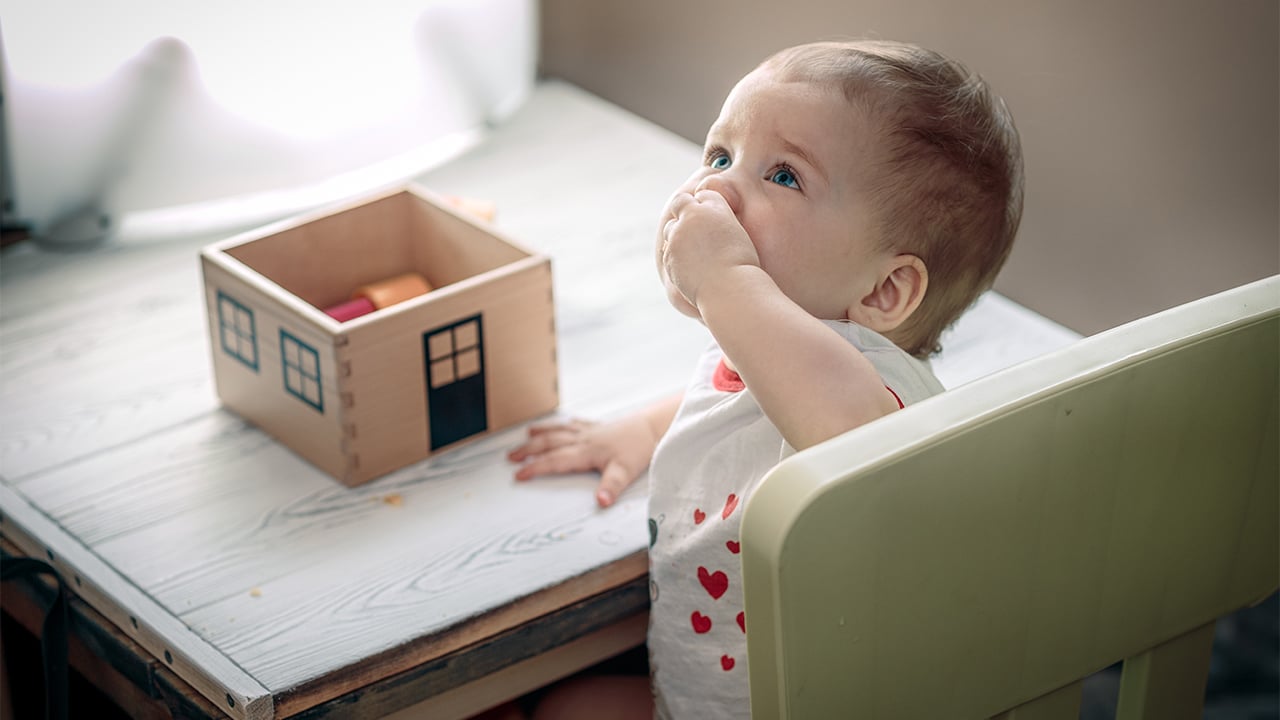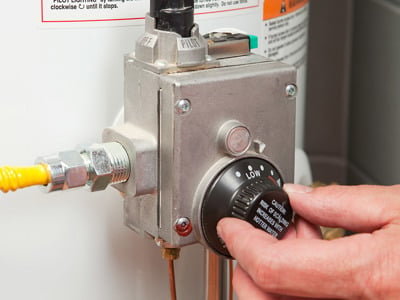- Doctors & Departments
-
Conditions & Advice
- Overview
- Conditions and Symptoms
- Symptom Checker
- Parent Resources
- The Connection Journey
- Calm A Crying Baby
- Sports Articles
- Dosage Tables
- Baby Guide
-
Your Visit
- Overview
- Prepare for Your Visit
- Your Overnight Stay
- Send a Cheer Card
- Family and Patient Resources
- Patient Cost Estimate
- Insurance and Financial Resources
- Online Bill Pay
- Medical Records
- Policies and Procedures
- We Ask Because We Care
Click to find the locations nearest youFind locations by region
See all locations -
Community
- Overview
- Addressing the Youth Mental Health Crisis
- Calendar of Events
- Child Health Advocacy
- Community Health
- Community Partners
- Corporate Relations
- Global Health
- Patient Advocacy
- Patient Stories
- Pediatric Affiliations
- Support Children’s Colorado
- Specialty Outreach Clinics
Your Support Matters
Upcoming Events
Public Meeting: 2024 Community Benefit and Hospital Transformation Program
Tuesday, May 14, 2024Join Children's Hospital Colorado at one of our virtual events to learn...
-
Research & Innovation
- Overview
- Pediatric Clinical Trials
- Q: Pediatric Health Advances
- Discoveries and Milestones
- Training and Internships
- Academic Affiliation
- Investigator Resources
- Funding Opportunities
- Center For Innovation
- Support Our Research
- Research Areas

It starts with a Q:
For the latest cutting-edge research, innovative collaborations and remarkable discoveries in child health, read stories from across all our areas of study in Q: Advances and Answers in Pediatric Health.


Did Your Child Swallow a Foreign Object? Here’s What to Do

Every year in the U.S., more than 80,000 kids swallow things that aren't food, such as coins, magnets and batteries — especially toddlers who are learning to explore the world by putting things they see in their mouth.
At Children’s Hospital Colorado, our team sees hundreds of kids every year who have swallowed something they shouldn’t. Luckily, most don’t require surgical removal, but some cases can be more serious, requiring surgery, or in rare cases, even turning deadly.
Children’s Colorado pediatric gastroenterologist Robert Kramer, MD, is one of the nation’s foremost experts on foreign body ingestions. Dr. Kramer has devoted his career to studying these severe cases and how to prevent them.
His main advice? If you suspect or know your child has swallowed something they shouldn’t, bring them in for evaluation. Common symptoms to look out for include drooling, vomiting and refusing to drink food or water. If your child is having any trouble breathing, be sure to call 911 right away.
And if you have an extra of the object they swallowed — such as the same magnet or type of coin — bring that with you as well. Through scans, our experts can help determine what’s going on and evaluate if monitoring or further intervention is needed.
Dr. Kramer shares some of the most dangerous foreign objects that kids can swallow, and when to seek care if your child swallows something they shouldn’t.
Coins are the most common swallowed foreign object
Coins are the most common swallowed item that brings children to emergency rooms across the United States. While a single swallowed coin will often pass on its own without major concern, it’s important for your child to get evaluated so doctors can determine the type of coin and size, and confirm how many your child has swallowed.
"Most that make it to the stomach are not emergencies, and if it leaves the stomach it's going to pass through without a problem," Dr. Kramer says. "But if it's stuck in the esophagus, because of the veins and arteries nearby and the propensity for scarring, we want to remove it within 24 hours."
The risk of swallowed button batteries
More than 3,500 button battery ingestions are reported to the National Poison Data System each year — many coming from battery-operated toys. After a child swallows one of these batteries, especially if they are under the age of 6, every minute counts.
Button batteries are small, metallic discs that are found in many common electronic devices, such as remote controls, key fobs, watches, musical greeting cards, light-up fidget spinners and other children's toys. Their small and shiny appearance appeals to the natural curiosity of toddlers, who often want to put them in their mouths. Studies show that tissue damage can begin within 15 minutes of ingestion, and serious damage to surrounding structures can occur in just two hours.
Even when they're seemingly spent, batteries can still carry a small electrical charge — and when a button battery is stuck in the esophagus, that charge essentially causes a chemical burn, which can erode a hole in the tissue.
"If the area of the burn is close to a large vessel like the aorta, that can and has been a fatal event," Dr. Kramer says. "Even when we remove the battery itself, there's a structural weakness in the esophageal wall, so a fatal bleeding event can occur up to three weeks after."
Improved button battery safety measures
Protective packaging for button batteries has recently improved thanks to new legislation. Bipartisan legislation passed in 2022 called Reese’s Law, named after an 18-month-old girl who died after swallowing a button battery from the family’s remote control. The law strengthens safety requirements for devices that contain these batteries, including mandating stricter warning labels and child-proof closures. Additionally, some manufacturers are adding a bitter coating to the button batteries to discourage children from putting them in their mouths.
While having button batteries in your house might be hard to avoid, Dr. Kramer urges parents to be mindful.
“Just be aware,” Dr. Kramer says. “How many devices with batteries do I have, and where are they?”
What to do if your child has swallowed a button battery
If you know your child has swallowed a button battery, immediately go to the emergency department or call 911. If you're not sure, call the National Battery Ingestion Hotline at 800-498-8666.
In the meantime, give your child honey: 10 milliliters (about 2 teaspoons) every 10 minutes if they are older than 1 year old.
“The thick nature of it coats the battery and esophagus and disperses some of the electrical charge,” Dr. Kramer explains. “It’s been shown to decrease injury to that tissue, which buys some more time until you can get emergency care.”
The danger of water beads and other toys that expand in water
For toys like water beads or others that expand when put in liquid, Dr. Kramer has some simple advice.
“If you have them in the house, get rid of them,” Dr. Kramer says. “The concern about the water beads and any of these toys that are expanding with exposure to water is that in the fluid-filled environments of the gut, they're going to expand and create a bowel obstruction. And these objects can expand by 10 to 100 times their original size, which can really cause a problem.”
At the end of 2023, stores including Amazon, Walmart and Target, along with many others, agreed to pull water beads marketed towards children from their shelves.
"They don't show up great on X-rays and time is not your friend here because of two things: The longer they're in the liquid environment of the gut, the bigger they're going to get and the farther they can progress,” Dr. Kramer says. “Generally, our approach is going to be to remove these endoscopically, but if they get beyond just past the stomach, we can't get them with conventional endoscopy.”
If you suspect your child has swallowed a water bead or other expandable water toys, bring them in immediately for evaluation.
Household cleaners and detergent pods
Like batteries, detergents and household cleaners can cause chemical burns to the esophagus — and the scarring can cause permanent narrowing. "I have patients with caustic esophageal injuries who I see sometimes once a month, to physically dilate their esophagus," Dr. Kramer says, "sometimes for years."
To prevent injury, keep cleaning products locked up or out of reach of children, especially detergent pods, which have bright swirling colors that make them look like candy to toddlers.
If you think your child has ingested detergent pods or cleaners, call Poison Control, which can help you figure out if it's something to worry about — and send emergency help if it is.
"Any parent of a toddler should have the number for Poison Control available at all times," Dr. Kramer adds.
If you're a parent or caregiver to a child, consider saving the number for Poison Control on your phone for quick access to free and confidential help: 800-222-1222
Magnets
The type of magnet a child swallows will determine the severity of the situation. If a kid swallows a single magnet, and it's not stuck, there's probably nothing to worry about. Dr. Kramer still advises bringing your child in for evaluation to confirm the correct treatment plan. When kids swallow multiple magnets, they can get stuck in separate folds of the intestine, pulling toward each other so strongly they can bore holes in the intestine wall.
“That’s our biggest concern,” Dr. Kramer says. “Even with X-rays, it can be difficult because the magnets stick together so closely. Sometimes if you get the wrong angle, it looks like one object instead of two. We usually do multiple X-rays with multiple views to be sure that only one has been swallowed.”
The most concerning magnets are the so-called "rare earth” or neodymium magnets, which may be packaged as brightly colored, visually appealing adult fidget toys some people keep on their desks. Neodymium magnets are significantly stronger than typical magnets and can cause intense damage if swallowed. Over the past decade, the U.S. Consumer Product Safety Commission has worked to put tighter regulations on this type of magnet and other toys. In 2022, the commission approved new safety standards, requiring that magnets either be too large to swallow or weak enough to reduce risk of internal injuries when swallowed.
Head to the emergency room right away if you believe your child has swallowed one of these magnets.
What to do if your child swallowed a foreign object
If you know or suspect that your child has swallowed any of these items or anything other than food, bring them to a doctor to be evaluated and form a clear treatment plan. Do not assume an object will pass on its own. If your child is having trouble breathing, call 911 right away. Do not try to treat any swallowed object at home. Call Poison Control for quick access to free and confidential help: 800-222-1222.



 720-777-0123
720-777-0123






